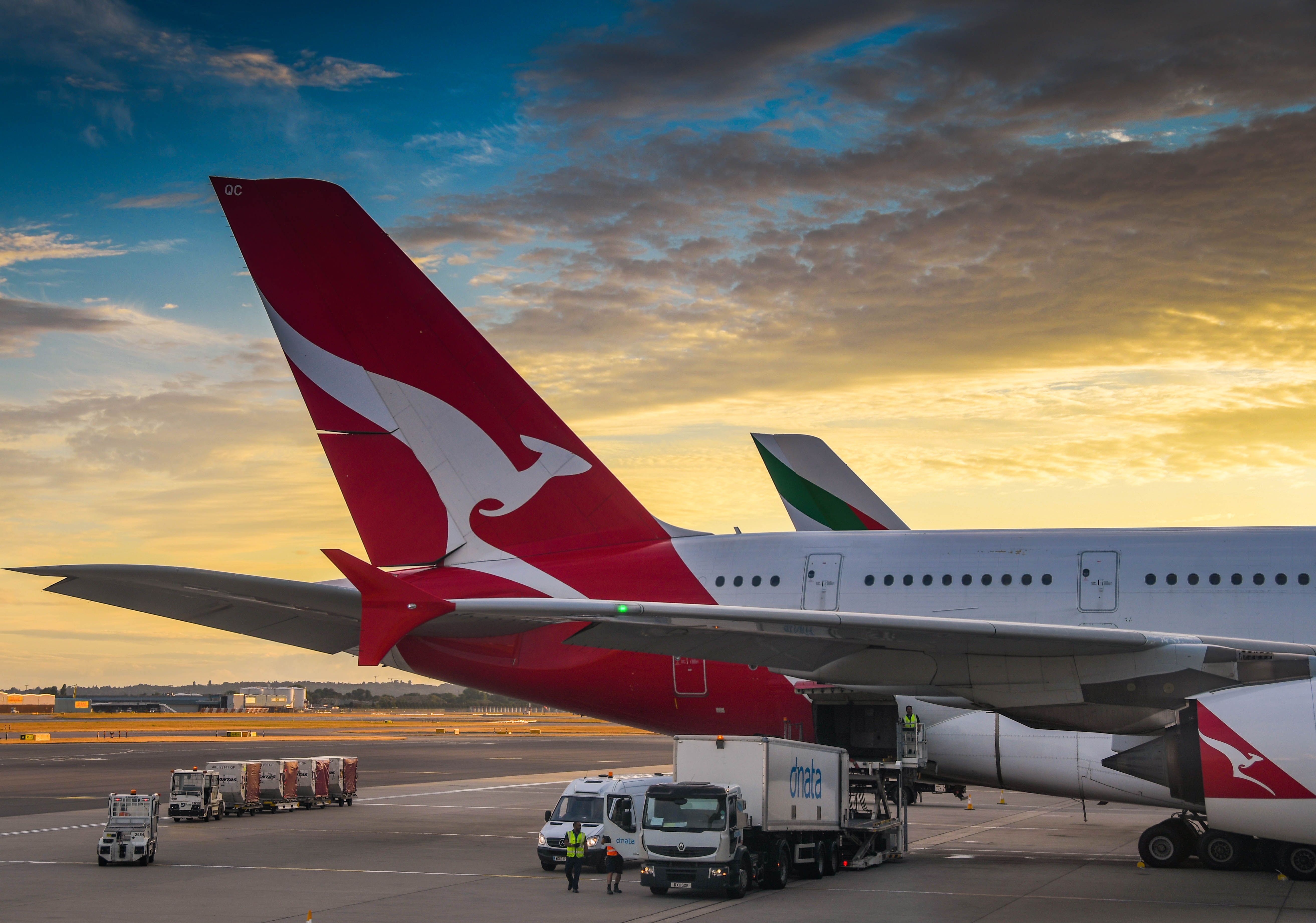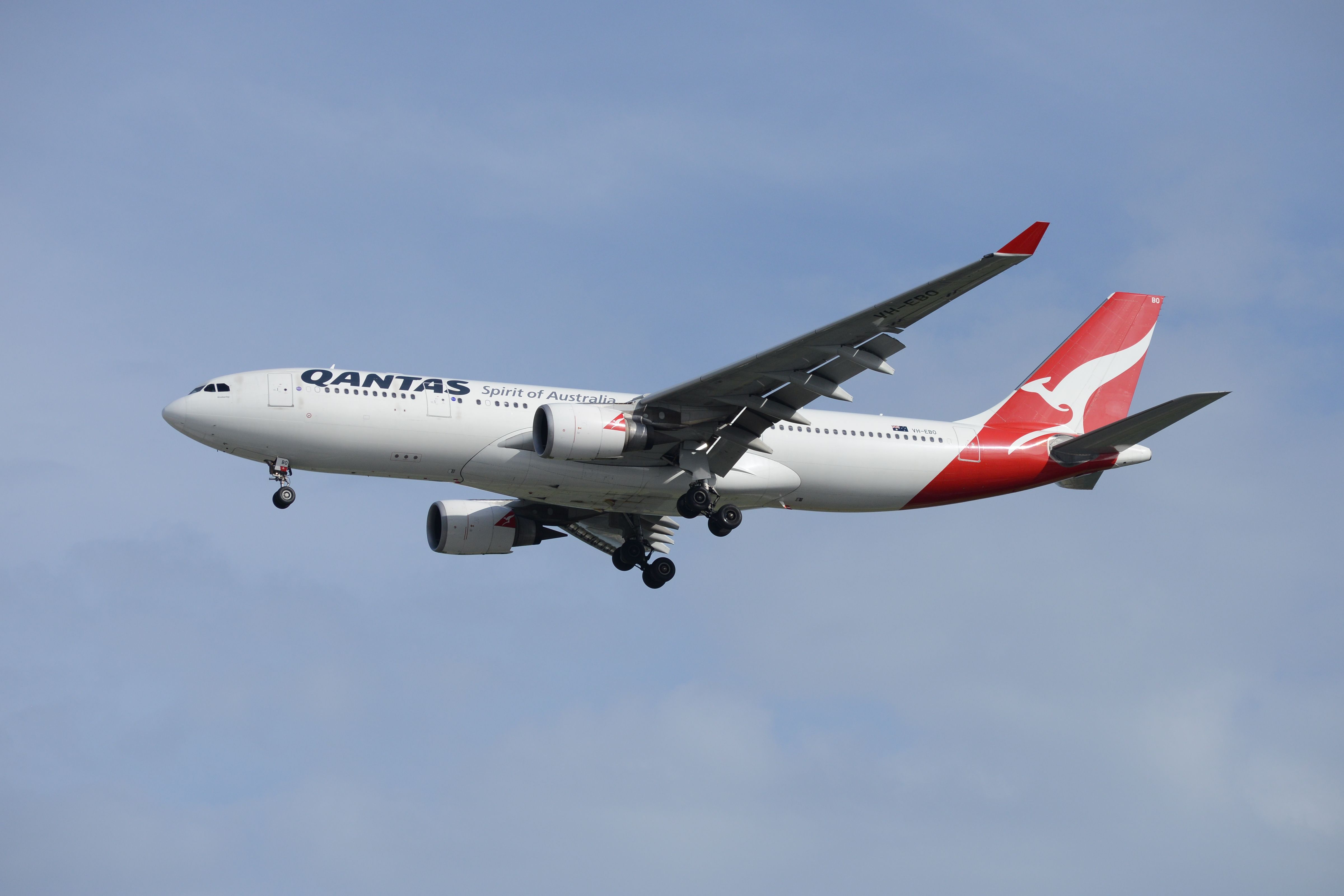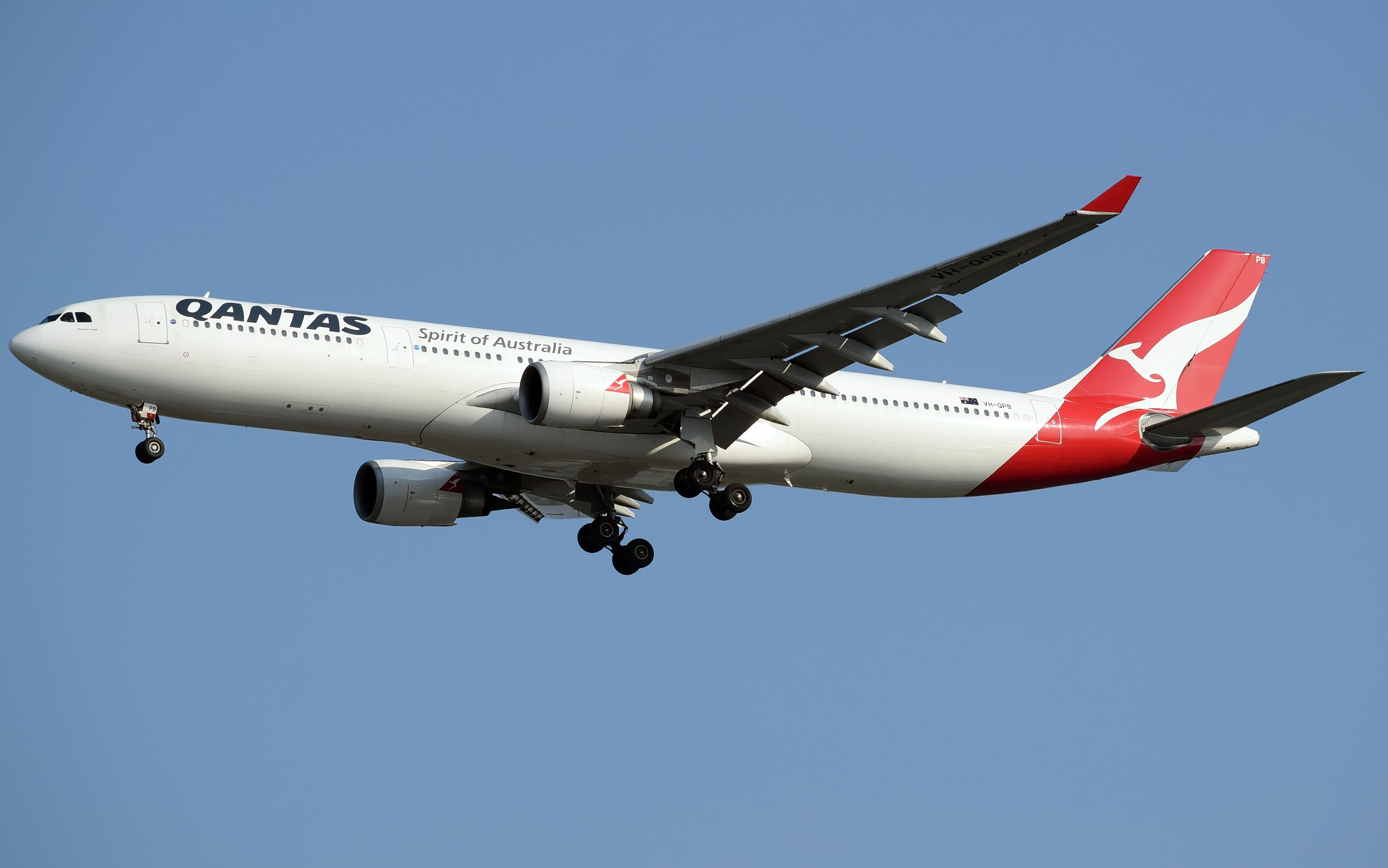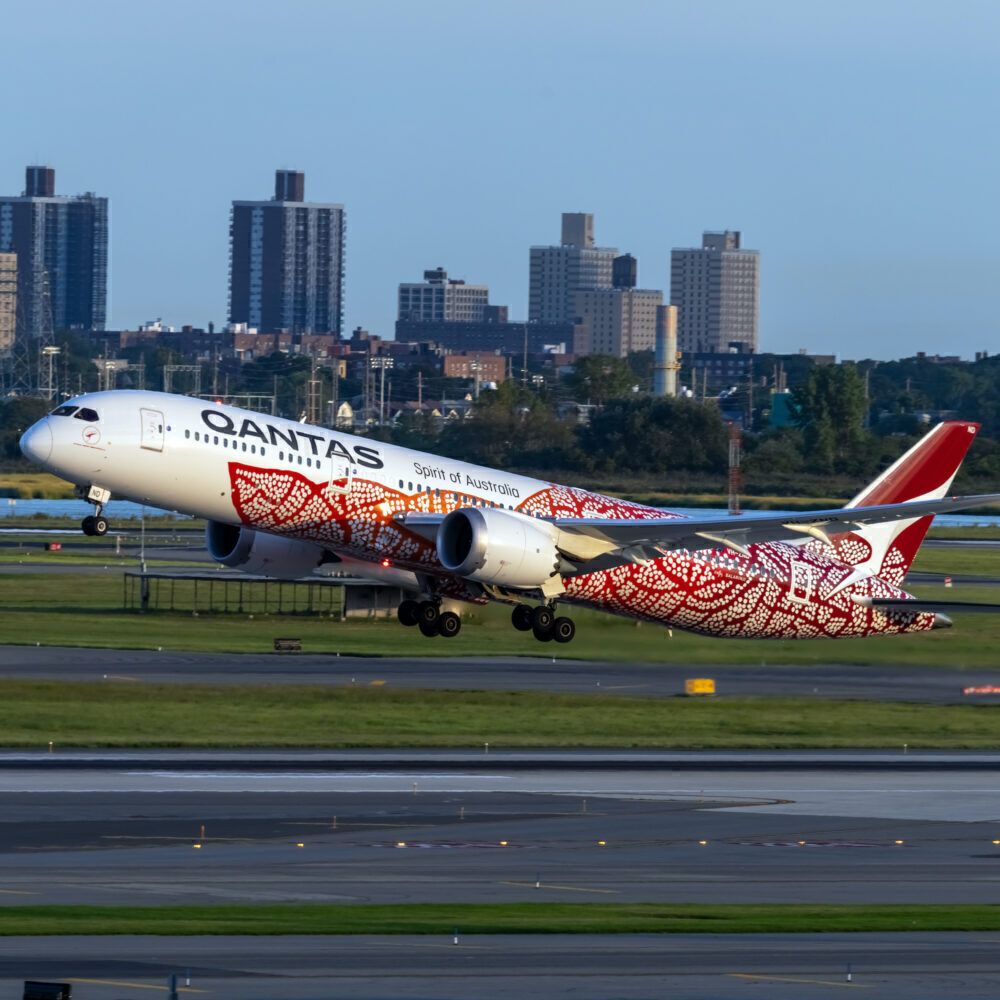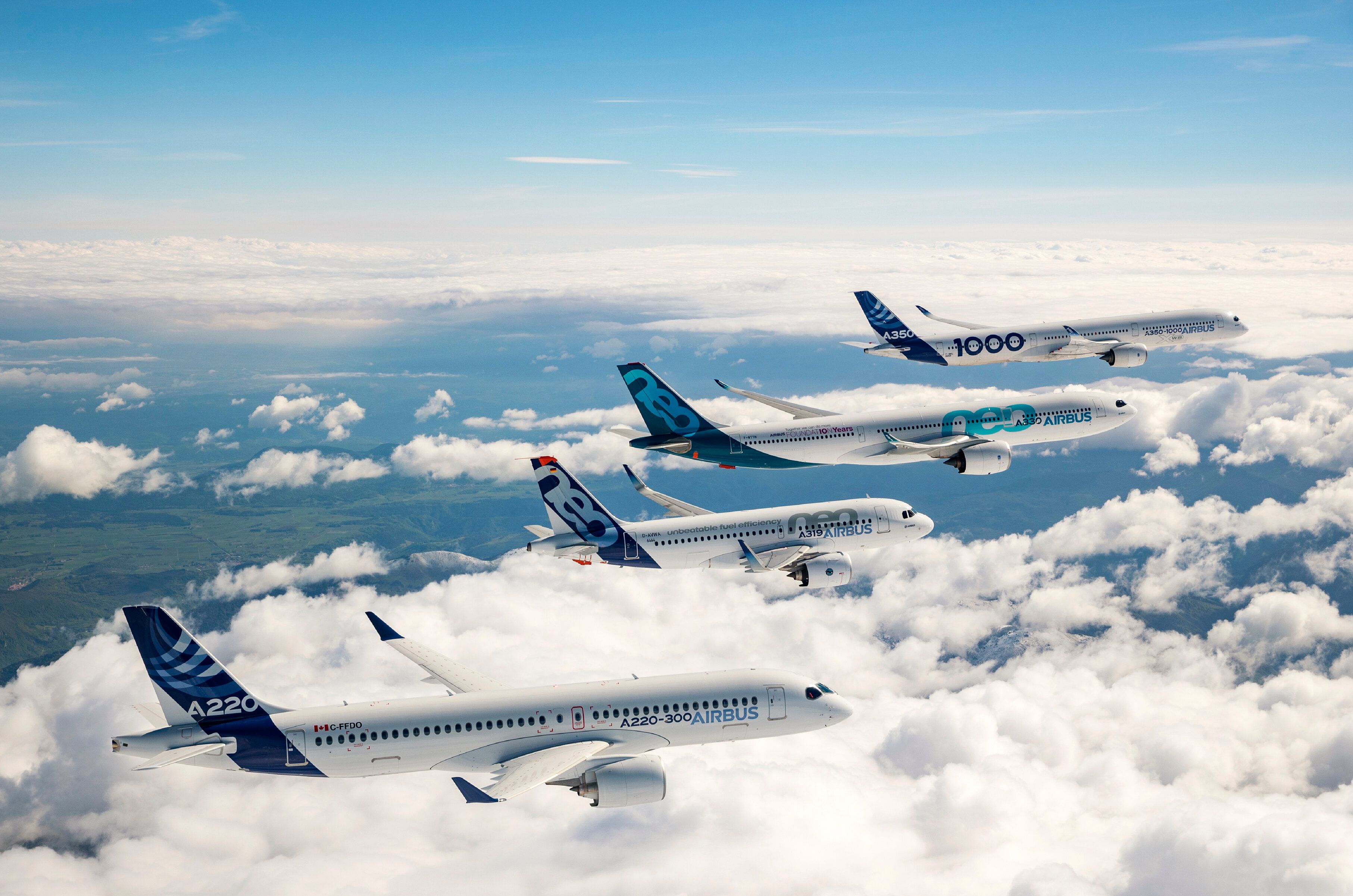The sustainable aviation fuel investment announcements have begun picking up the pace as the year progresses. Airlines are getting serious about those interim emissions targets they set during 2022, and with a long-term aspirational goal (LTAG) of net zero carbon by 2050 established at the ICAO Assembly, the trajectory is now firmly hinging on the scaling of SAF globally.
Every little uptake agreement matters to provide investors with confidence in the market, which is predicted to grow to $15 billion by the end of the decade. More substantial agreements even so. Furthermore, startups looking to launch the industry in markets previously devoid of access are in need of funding - such as the potentially forthcoming announcement from Airbus and Australian flag carrier Qantas.
First investment agreed upon but not fully closed
While there is as of yet no official announcement, Stephen Forshaw, Airbus’ chief representative for Australia, New Zealand and the Pacific, told reporters on Monday that the two companies were meeting weekly to discuss million dollar investments in early-stage SAF projects in Australia. The money will come from a mutual US$200 million (approximately AU$300 million) fund to develop the country's SAF industry.
Mr Forshaw stated, as quoted by Reuters,
“The first investment has been made but not fully closed yet. We have both agreed to it, and I think we will make some announcements probably in the next month or so around the completion of that.”
Qantas declined to offer any comments. Potentially, the announcement could be forthcoming during the Australia International Airshow, which will begin on Tuesday, February 28. Also known as the Avolon Air Show, it is held biennially at Avalon Airport, between Melbourne and Geelong in Victoria. We have previously reported on Embraer flying in several aircraft, and there will certainly be more exciting coverage as the event progresses.
Get the latest aviation news straight to your inbox: Sign up for our newsletters today.
Picking up a stake in the startups
The joint investments will go to early stage Australian startups within SAF. Mostly, they involve seed funding, and the planemaker and airline partners might take a minority equity stake. As clarified by Mr Forshaw,
"Some of them may be even earlier than Series A. What it may do is provide us with the opportunity or right of first refusal to go in at Series A or Series B or beyond. And then the pace will determine whether we want to do that or whether we see it is time to open it up to other investors."
Get all the latest aviation news right here on Simple Flying.
The fund was set up last year, when Qantas announced its goal of having 10% of fuel come from SAF by 2030. Furthermore, the airline is looking to up that to 60% by 2050 in order to reach its net-zero targets. With Australia thus far lacking a sustainable aviation fuel industry, this cold turn out to be a big ask, with Qantas having to content with supply at overseas airports. As such, along with the multi-billion dollar aircraft order, the two joined forces to support those looking to establish one.
Source: Reuters

